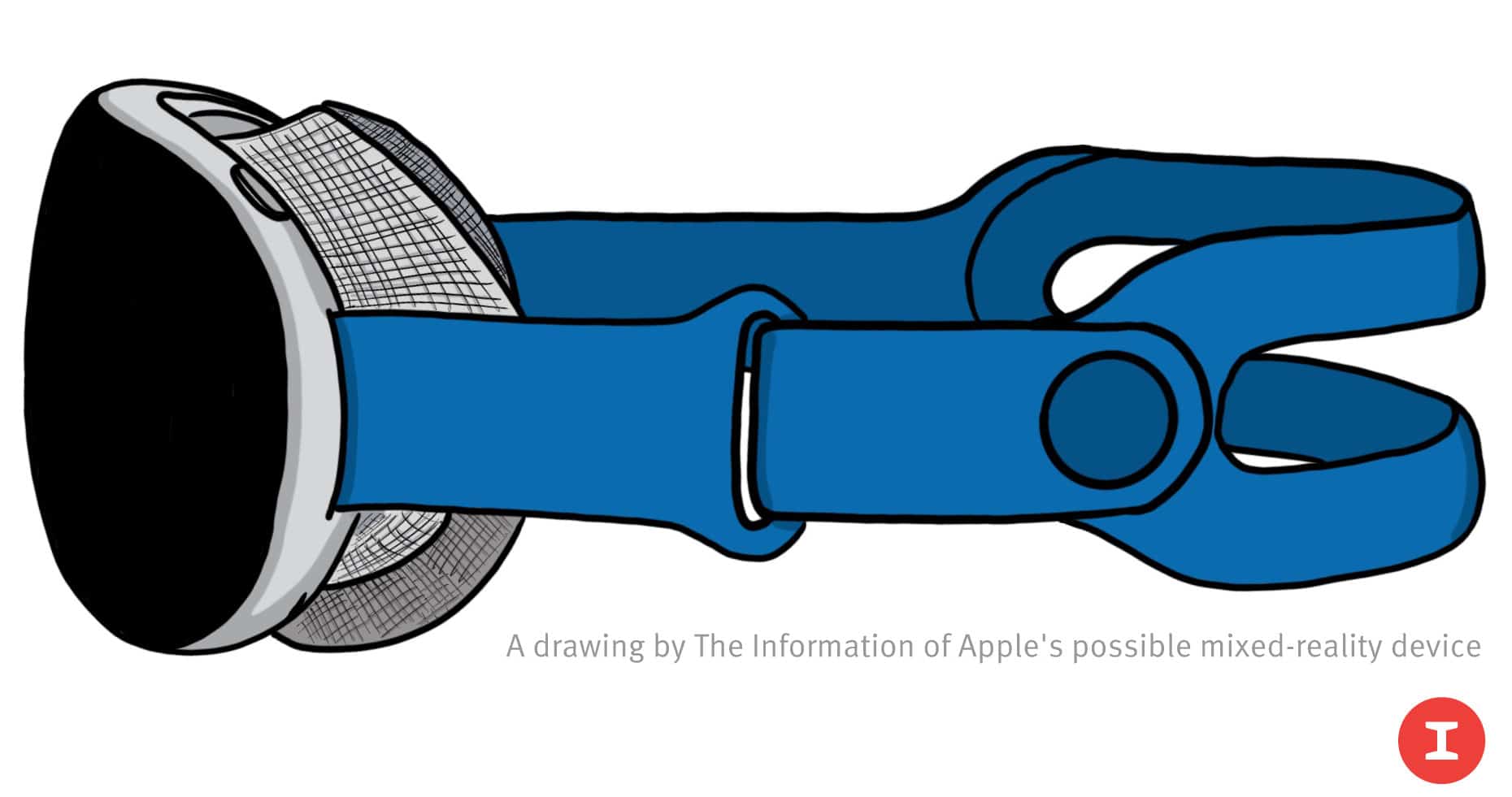Apple CEO Tim Cook was interviewed by China Daily, and he made an interesting comment when asked about AR headsets.
Reporter: “Chinese consumers are highly enthusiastic about VR and AR technologies, but some of them are not very satisfied with products currently available on the market. What do you think are the key factors for AR products such as AR headsets to succeed in the consumer market?”
Cook: “That’s a great question. I am incredibly excited about AR as you might know. And the critical thing to any technology including AR is putting humanity at the center of it. And that is what we focus on every day. Right now as an example we have over 14,000 ARKit apps in the App Store which provide AR experiences for millions of people around the world. But I think despite that we’re still in the very early innings of how this technology will evolve. I couldn’t be more excited about the opportunities we see in this space and sort of stay tuned and you’ll see what we have to offer.”
 Last year Bloomberg, supply chain analyst Ming-Chi Kuo Kuo and The Information released reports claiming Apple is working on a premium headset for VR and AR with high resolution color passthrough. Kuo claimed this headset will weigh less than Meta’s Quest 2, feature dual 4K OLED microdisplays, and use a new chip with “similar computing power as the M1 for Mac”.
Last year Bloomberg, supply chain analyst Ming-Chi Kuo Kuo and The Information released reports claiming Apple is working on a premium headset for VR and AR with high resolution color passthrough. Kuo claimed this headset will weigh less than Meta’s Quest 2, feature dual 4K OLED microdisplays, and use a new chip with “similar computing power as the M1 for Mac”.
Earlier this month Bloomberg reported Apple is working on realityOS (rOS) versions of its core apps as well as the ability to view a Mac’s display and AR/VR developer tools. References to realityOS were found in App Store upload logs and Apple code earlier this year, and an Apple-linked shell company trademarked RealityOS in May. At Apple’s WWDC conference a number of features tangentially related to AR were announced, but the company may be waiting for the headset reveal to show its full AR/VR strategy.
Earlier this year Bloomberg reported Apple’s headset was delayed to 2023 due to “challenges related to overheating, cameras and software”. The New York Times also reports the headset is delayed to 2023, with its sources saying this is due to “continuing challenges with its battery power”. Both Bloomberg and The Information report the product is set to be priced north of $2000.




























